Top tips for creating a wildlife friendly garden
9 ways to transform your garden into a safe haven for birds, beasties and other native creatures…
Hedge your bets
Why have a plain, ugly fence when a green living boundary brings the colourful riches of flowers and berries? Not only are hedges far more attractive to look at, they provide food and shelter for all manner of wildlife. Plant between November and March when the ground is not frozen.
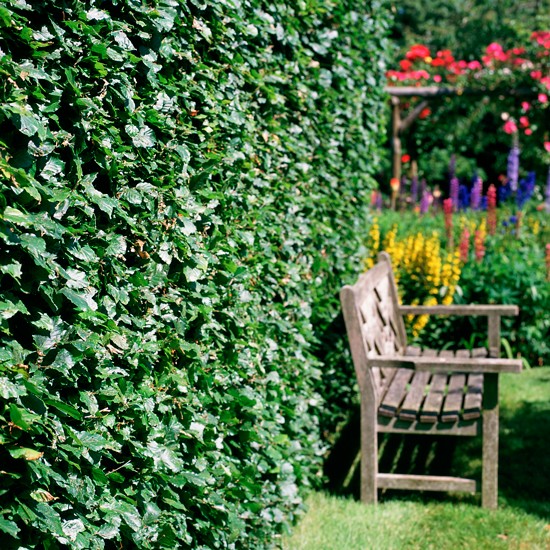
Grow a wildflower meadow
Not only are wildflowers beautiful to look at, they're extremely important for our native wildlife, providing hunting and feeding grounds for small mammals such as wood mice, voles and shrews. They're so easy to maintain and you don't need acres of land to get started: find out more here.
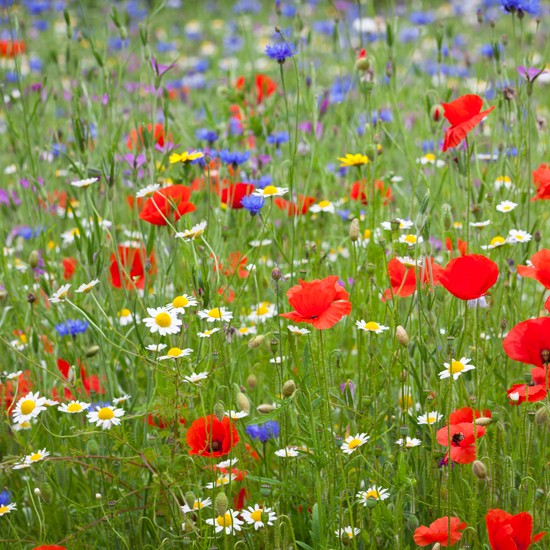
Recreate the riverbank
If you've got space, dig a pond and plant it with native water species such as Kingcups and Water forget-me-nots. Within weeks you'll find amphibians like frogs, toads and newts have moved in, and birds will soon start stopping by for a bath or a drink, too.
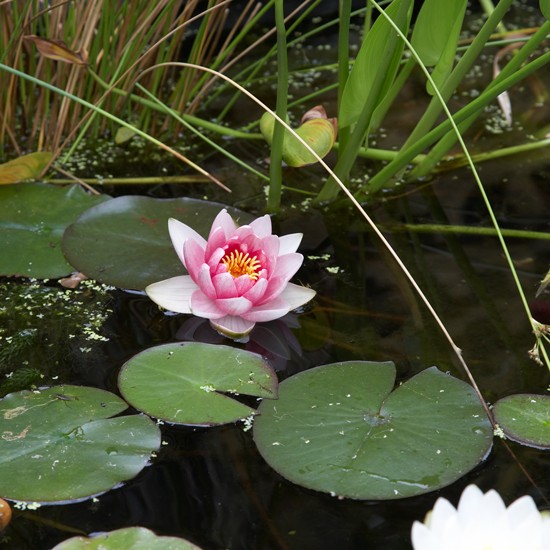
Be a friend to the honey bee
The world's bee population is under threat, so help them thrive in the garden by growing their favourite nectar-rich flowering plants - try broad beans in the veg plot and marjoram and borage in pots or window boxes. Leaving a bowl of water outside helps too: bees need to drink plenty, particularly in hot weather.
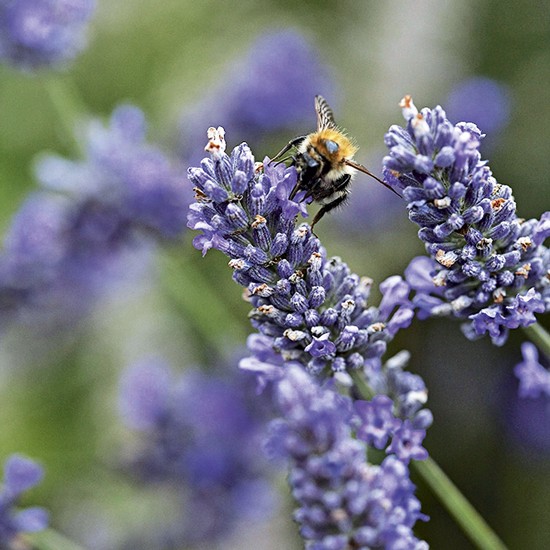
Build a home for birds
Birds require food and water all year round, so birdbaths, tables and feeders are a great addition to gardens, not to mention nesting boxes for shelter. Take the RSPB's advice on positioning boxes and be patient - it may take a while before you get any residents.
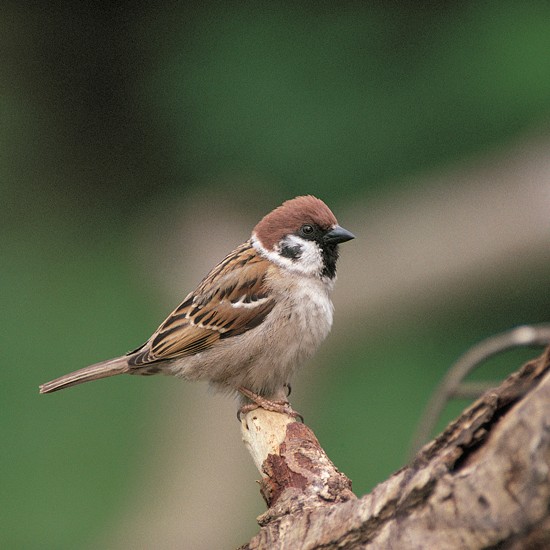
...and beasties, too!
Beetles and insects may be small, but they're crucial to your garden's eco system. Make them feel welcome with an insect hotel. We love this funky wildlife house (£95, Wudwerx); it has a range of habitats for different insects, from tubes for bees to cozy nooks for hibernating ladybirds. Alternatively, piles of stones or logs are just as effective.
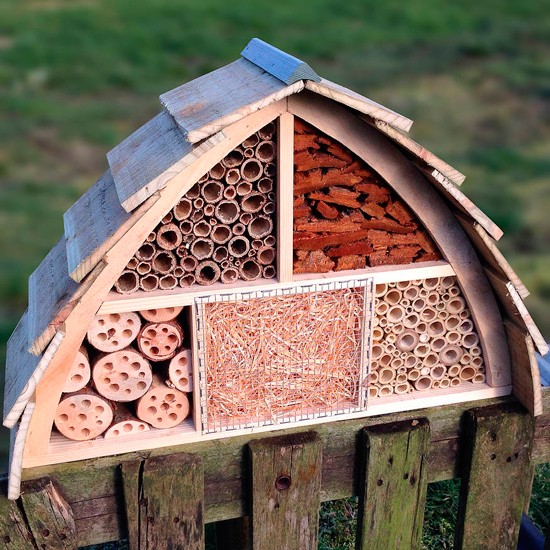
Make your own compost
Simply by recycling uncooked kitchen scraps and garden clippings, you can help to reduce the amount of countryside used for landfill, reduce pollution and provide excellent homes and food for slugs, snails, woodlice, earwigs and other mini beasties. For advice on creating your own, visit The Wildlife Trusts site.
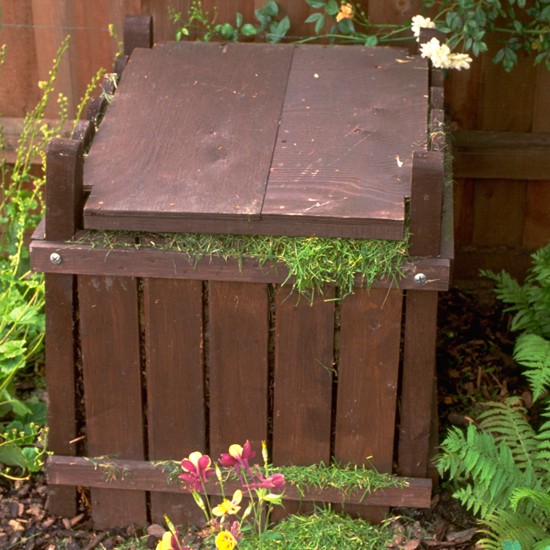
Keep it natural
The more organic your garden, the more attractive it will be animals looking for somewhere to set up home. Avoid chemical-based pesticides and weed killers as much as possible and try your hand with natural homemade versions instead.
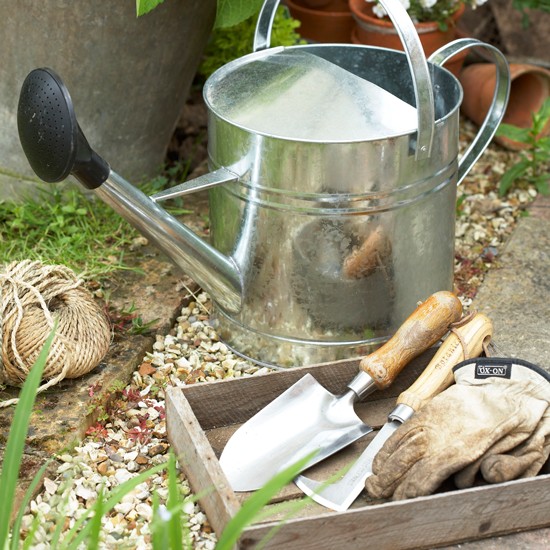
Help out hedgehogs
Cold winters and a lack of food mean these prickly creatures are in fast decline. Keep them safe from predators by creating a hibernation haven;
place an untreated wooden box with a predator-proof tunnel entrance in a undisturbed area of the garden. Ensure they gain enough weight to sustain them by leaving out bowls of meaty pet food, too.
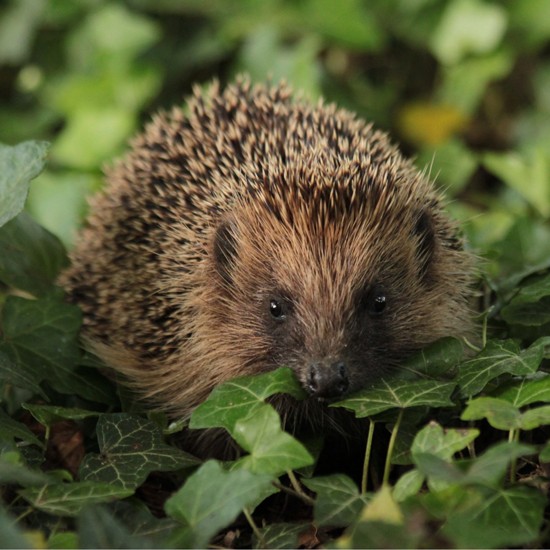
Our gardens represent a vast living landscape, and the way they managed can make a big difference to wildlife. The Wildlife Trusts' vision to create A Living Landscape involves enlarging, improving and joining up areas of wildlife-rich land in all parts of the UK. Visit the website to find out more.
Get the Ideal Home Newsletter
Sign up to our newsletter for style and decor inspiration, house makeovers, project advice and more.
-
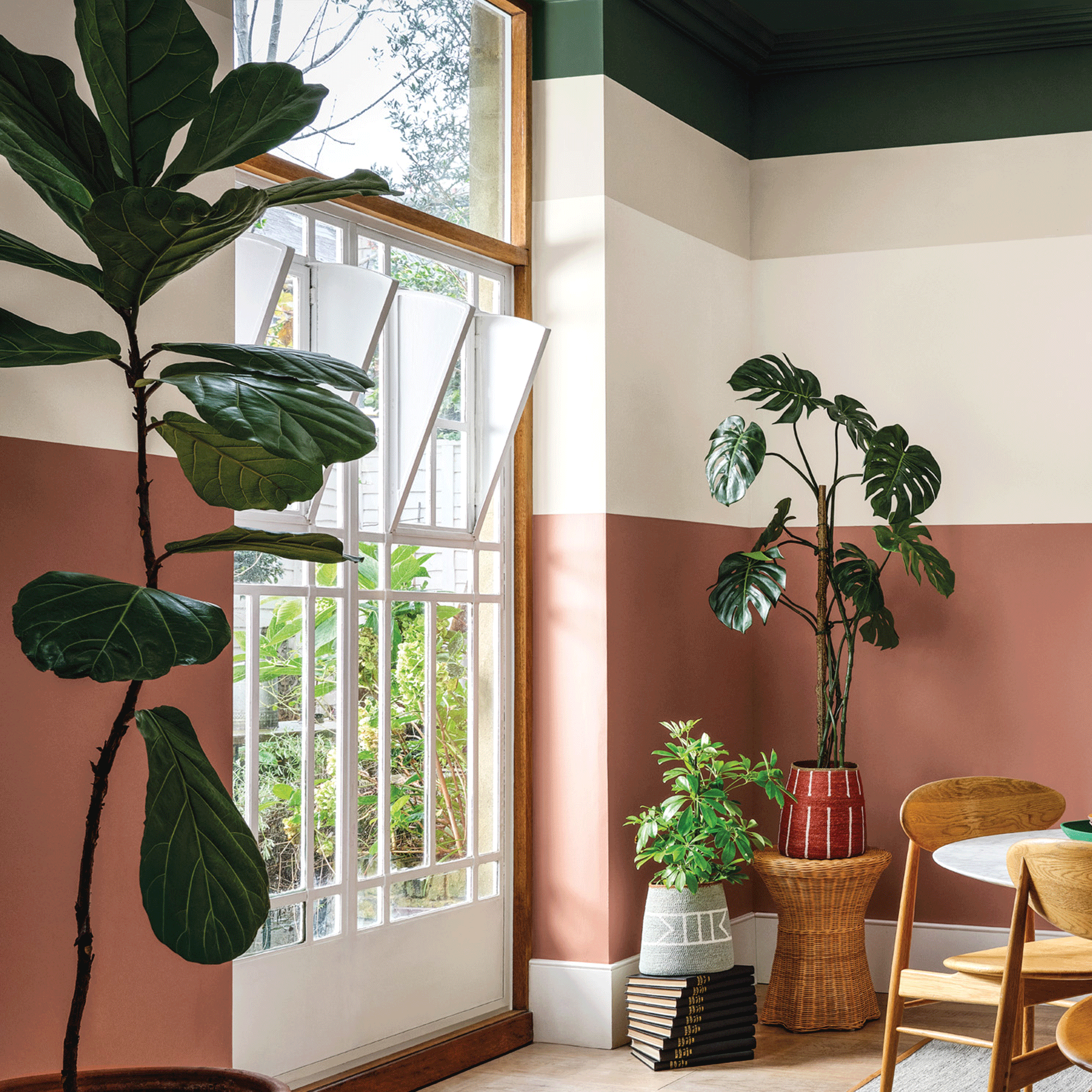 Crown Paint has launched new wall colours for the first time in three years, and changed how I think about neutral shades
Crown Paint has launched new wall colours for the first time in three years, and changed how I think about neutral shadesIs terracotta the ultimate neutral?
By Rebecca Knight
-
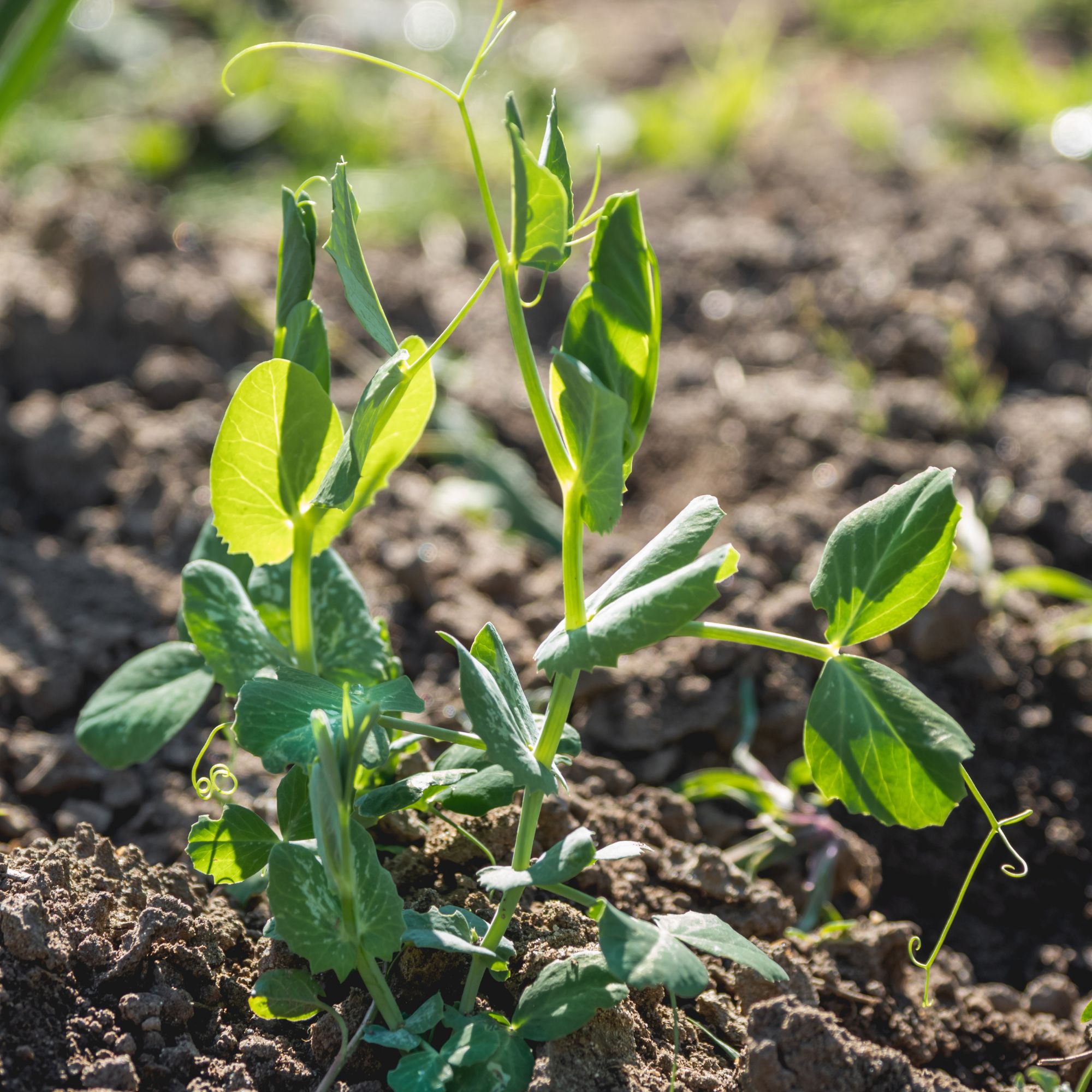 How to protect seedlings from birds – experts say there's a kind and clever way to stop them pecking
How to protect seedlings from birds – experts say there's a kind and clever way to stop them peckingYes, you can protect seedlings from birds without harming your feathered friends...
By Kayleigh Dray
-
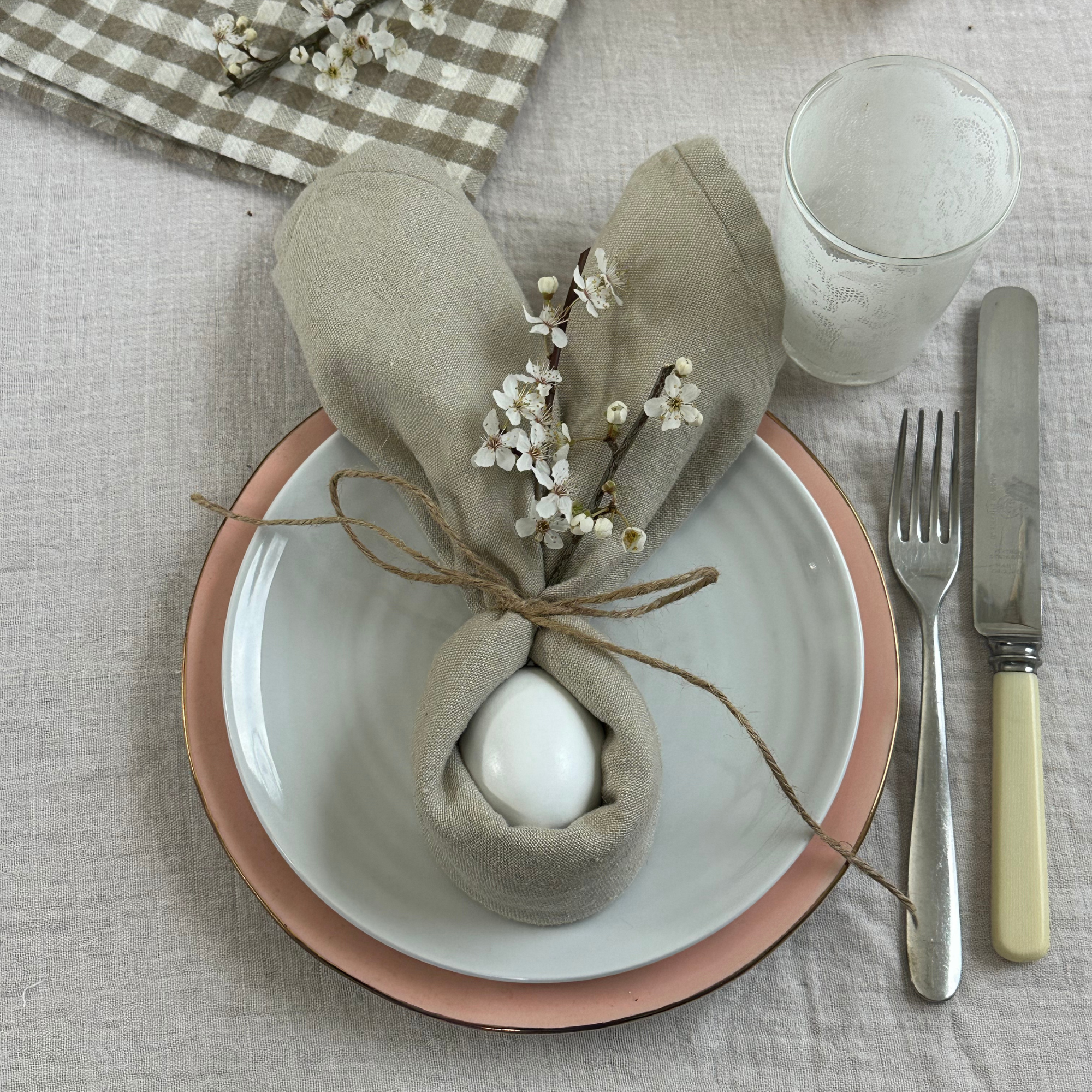 We tried the viral napkin bunny ears hack – it only takes five minutes and will take your Easter table to the next level
We tried the viral napkin bunny ears hack – it only takes five minutes and will take your Easter table to the next levelThis Easter craft is not only beautiful, but really easy to do
By Kezia Reynolds